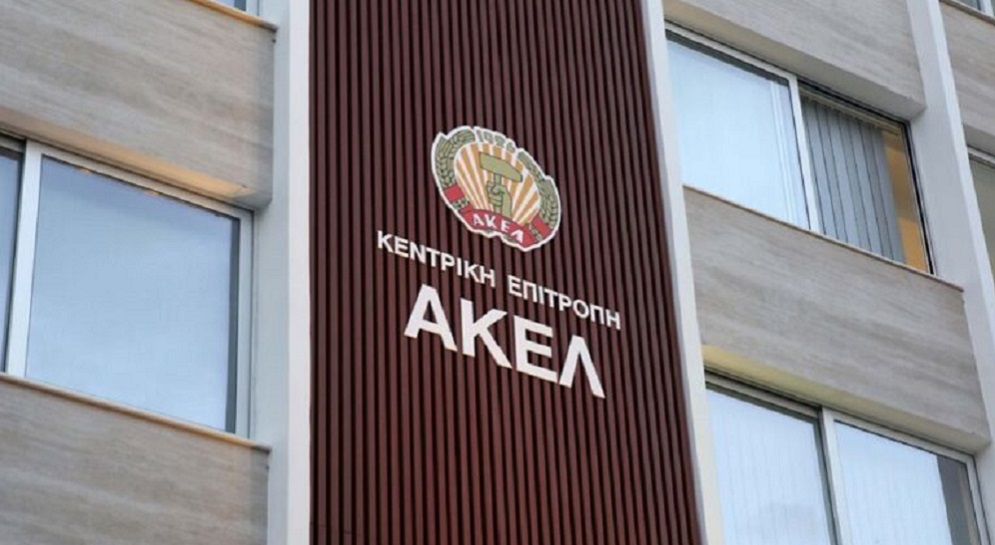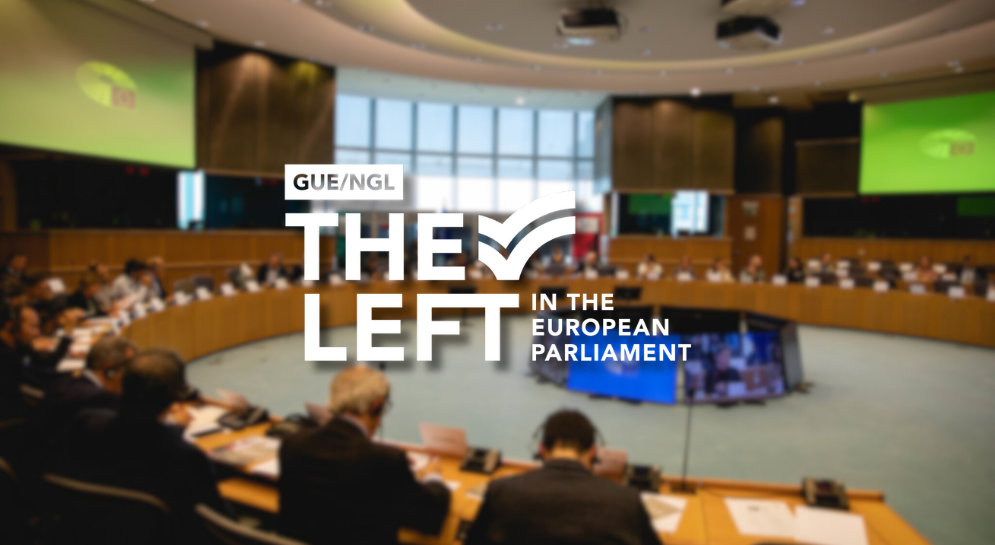
Radical approach needed to tackle the problems education faces and not fudging
Statement by AKEL MP Christos Christofides after the meeting of the Parliamentary Education and Culture Committee
29 June 2022
Today in the Committee on Education we examined the amendments tabled by the Ministry of Education to the regulations that regulate issues related to quarterly examinations and the assessment of pupils in general.
The first thing I want to note is that once again, the Minister of Education has shown a lack of respect towards the Education Committee. They have left it to the last minute to table the amendment regulations, and we will be running very fast, if we manage to pass whatever is tabled, until the House of Representatives closes for the summer on July 15. And yet, today we waited 35 minutes for the Minister of Education to come to the Committee, make an opening statement and leave without listening to the questions and opinions of the Committee members. And unfortunately this is not the first time this has happened.
The second thing I want to point out is this. It is now proven and has been well-documented once again that there has been no dialogue with education stakeholders to bring this motion to the House. The Secondary School Teachers Union OELMEK, parents and students have complained before the Committee that there has not been any consultation whatsoever on this. Instead, we were very surprised to hear the Committee say that there was a behind-the-scenes dialogue with all the political forces – except AKEL – to ensure that the Ministry would get its way. In other words, instead of discussing what is educationally right for school pupils, all they care about is how their own view will be passed.
The third thing I want to point out is that once again, changes are being promoted in education without any scientific documentation. The only argument put forward today is that reducing the number of subjects taking exams supposedly makes the system more workable. Not that these changes achieve our goals better, or that there are similar examples abroad, or that there is a scientific literature leading in this direction. All of this is once again completely absent from the Ministry of Education’s documentation.
As far as the substance of the issues is concerned, there is no change in the third grade. This means that our pupils, who this year have been burdened with three crucial examinations for their future in five months, will continue to suffer the same anguish, the same stress, the same pressure and the same, unfortunately, recourse to private tuition in the years to come.
It is also evident that there is no strategic plan, since subjects that will be tested in the third grade are being removed from all previous grades. An attempt is being made to move quarterly examinations to the Gymnasium as well, without any serious and meaningful evaluation. All this, once again, gives the picture of an incredible sloppiness that has turned our school pupils into guinea pigs.
I want to stress once again that for AKEL this custom of quarterly exams is a failure. The Confederation of Parent’s Associations today presented a survey it has carried out in cooperation with a private university, which reveals that 80% of parents disagree with these quarterly exams. The teachers disagree, and so do the pupils who suffer it every day. This has only succeeded in turning our children into robots, running around all day under incredible pressure to take exams. It has reinforced the private tuition system and reduced the useful learning time in schools. Typically, it was reported today that from December 23 to February 5, High Schools are effectively closed.
This situation cannot be corrected by patching things up. It cannot be corrected by adding one more or one less subject to the quarterly examinations, and indeed with an amateurish and sloppy approach, so that the Ministry can drum up support from some other political forces. We need a radical approach to this issue, with the abolition of the quarterly exams system, leaving one exam at the end of the school year and a new system of pupil’s assessment. AKEL will also work in this direction in the context of the article-by-article discussion of the regulations.
In conclusion, I would like to note that we were expecting these regulations to finally regulate the way in which children with disabilities take exams. We are all aware of the issue that arose recently in relation to a disabled pupil who requested an examination essay that met his needs. Not to be given something as a gift, but for the essay to be appropriate to his disability; and no such arrangement was made. These issues, if we want to ensure the rights of children with disabilities who are in public schools, have to be addressed through the regulations.




